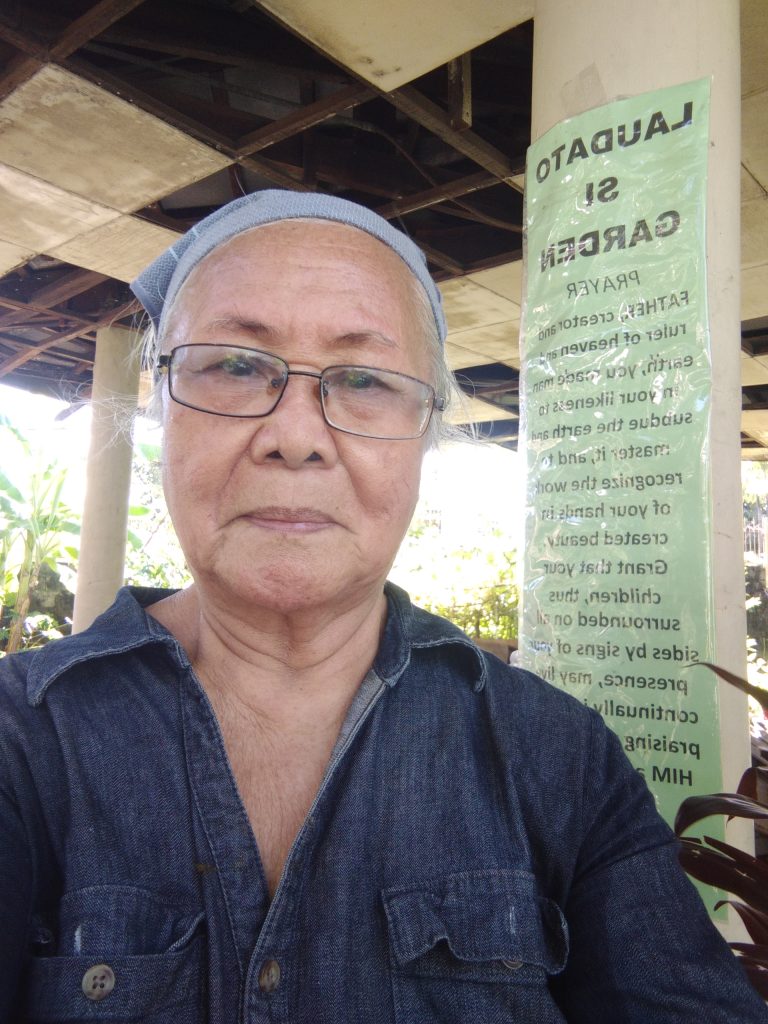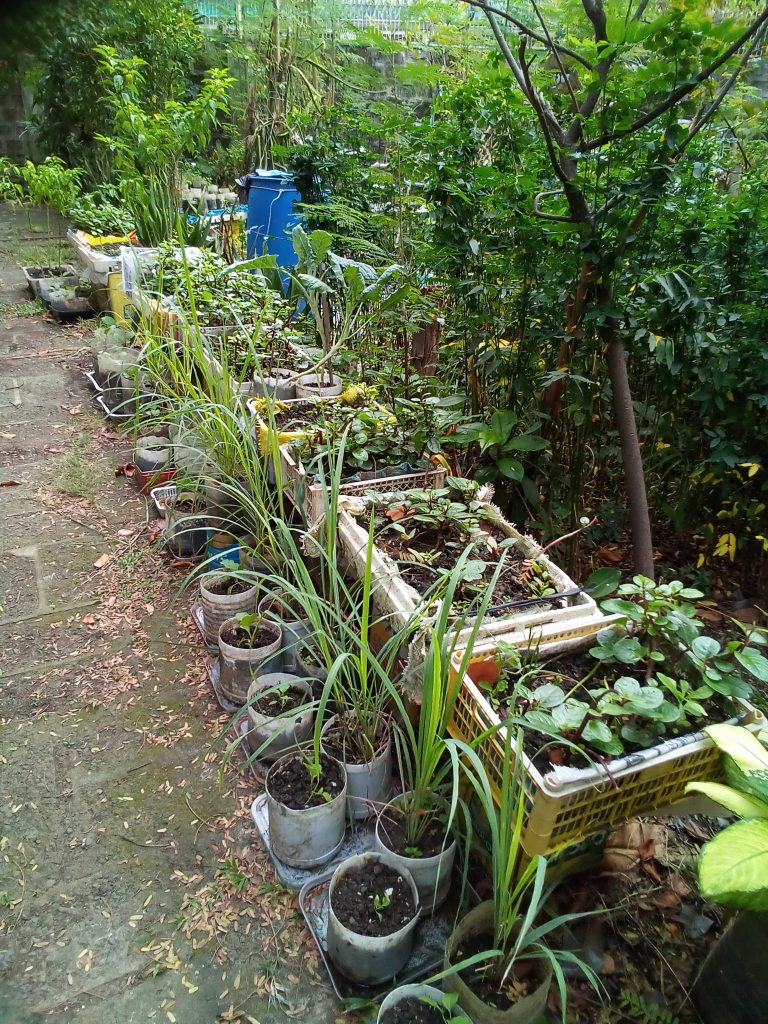In Sister Lilia Jorda Frondoza’s vocation as a Missionary Sister of the Immaculate Conception (MIC), the ecological crisis and her relationship with indigenous communities as principal dialogue partners has shaped her work in the Philippines significantly.
Originating from Koronadal City in South Cotabato province, and equipped with a Masters Degree in Educational Management from De La Salle University, Manila, Frondoza’s educational background laid a solid foundation for her missionary work. Her initial roles as an elementary principal in Manila’s Immaculate Conception Academy eventually transformed into a life of service beyond everyday academic and convent duties.
“As a religious, there is always a call by the Church to serve the poor,” Frondoza stated, expressing a sentiment that would guide her life’s mission. In 1993, Frondoza’s call led her to the remote communities of the Mangyan tribes in the province Occidental Mindoro.
Frondoza shared, “On my first day in Mangyan land, I said I didn’t want to climb the mountain because it was difficult for me. I found out it was easy.” Her effort eventually led her to holistic farming projects, voting rights initiatives, education campaigns, and reforestation programs.
It was here that she witnessed the exploitation of the Indigenous people and the degradation of their environment. Despite the danger posed by illegal loggers, which culminated in the arson of her home in Barangay Siapo, Sta. Cruz town, Frondoza remained undeterred.
Over the years, Frondoza cultivated a respect for the Mangyans’ ancestral traditions and their connection with the land. Frondoza reflects, “”The Mangyans’ way of looking at nature and the environment has influenced me. Since they are very close to nature, I have learned to value the trees, plants, animals, and everything in the forest. The silence of the forest spoke to me of God, who is the creator and protector. I felt a close affinity with nature.”

Today Sister Lilia Frondoza smiles for the camera after a day at the garden.
The arson incident catalyzed the formation of a Mangyan-led organization known as “Bantay Gubat,” which consists of 80 active members of Forest Rangers deputized by the Department of Environment and Natural Resources. Frondoza collaborated with Indigenous elders, youth, and the Bantay Gubat, holding monthly meetings on the Indigenous Peoples Rights Act. She guided them through the complexities of navigating government offices, crafting resolutions, and engaging with the judiciary to safeguard their rights and territory, leading to notable legal achievements and valuable contributions to law enforcement.
Echoing the profound impact of these efforts, Mangyan elder Loben Garong shared his reflections: “In the past we had no knowledge about laws on ancestral land. We came to know about them when Sr. Lilia taught us…The word ‘politics’ before meant nothing to us …We Mangyans, especially our women, are afraid to vote. But we know that we are Filipinos who have a common government who should take care of us just like the lowlanders.”
After working with Indigenous peoples for 17 years, she returned to work as an Outreach Coordinator among the urban poor in Manila’s “The Smokey Mountain” area. Continuing her advocacy, she engaged with the Ecology Ministry of the Archdiocese of Manila and the Laudato Si’ Movement in the Philippines and the Laudato Si’ Action Platform, focusing on environmental issues and the climate crisis.
Now back in her home convent in Manila, Frondoza continues to grow into the principles of Laudato Si’ by leading seminars and promoting the recycling of materials to combat plastic pollution, as well as growing organic vegetables and herbal medicines in the MIC garden at their residence.

The Laudato Si’ Organic Garden grows with the help of African Night Crawler earthworms and is nourished by fermented plant juice from kitchen waste.
Reflecting on her journey, Frondoza, now 81 and contending with various ailments, expressed a desire to leave a lasting legacy. “I feel it urgent to share with you who I am because I am nearing my end in this world… I want to leave a legacy to the Church, especially to the Laudato Si’ Movement worldwide, not for my glorification but to proclaim God’s Kingdom and the goodness of God to humanity,” she stated.